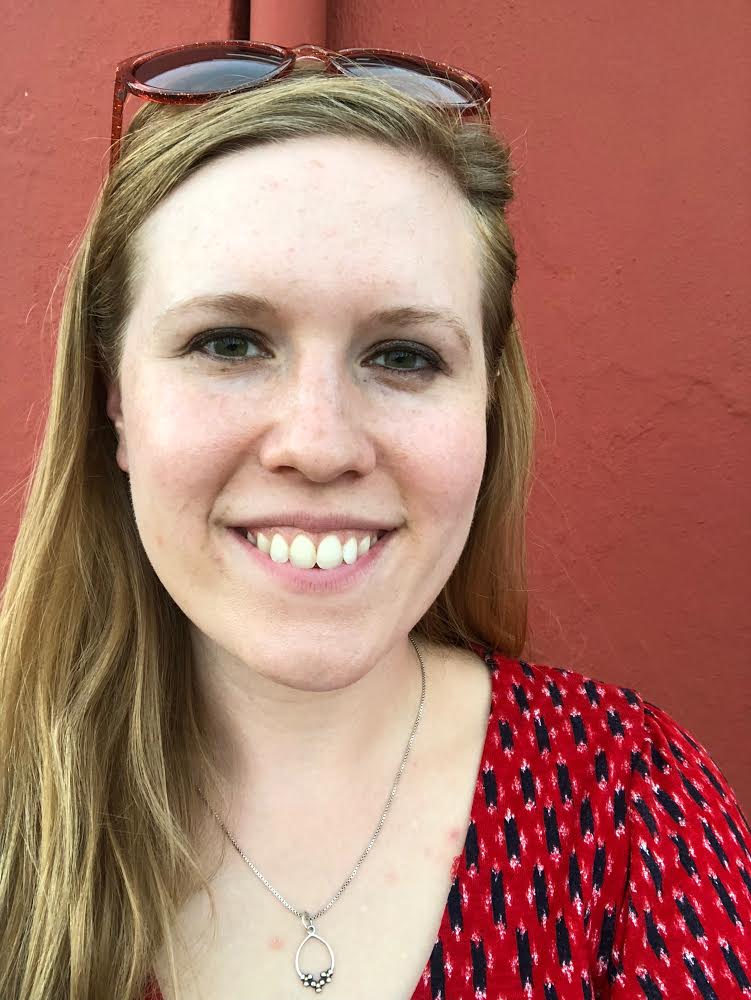Depression. What a loaded word. Not a word I used to let myself say or really think about. A word that used to make me unbearably uncomfortable and filled with shame. A word that people can joke about and may not completely understand. Ten letters that convey so much. Depression.
Depression and I were not complete strangers when I was raped, but dear me did depression overtake me in new and tenacious ways following my assault. In middle school and high school, I had struggled with depression, just kind of because. Sure there was bullying and school pressure, but no real trauma. It was like getting the flu, it just happened and it was mortifying and I kept it a secret. The depression itself was embarrassing in itself, but coupled with the fact that I felt I had no reason to be depressed, well my shame was staggering.
No one told me that you didn’t need to go through some big trauma to be depressed, so instead I felt broken and ungrateful for my life and very alone. I didn’t tell my friends and I felt shame around my family. I just wanted to be normal. I couldn’t understand why it was so hard to get out of bed or to get myself to do things I had once enjoyed. I had a great life and I had a great family, so why couldn’t I just “get over it” and buck up?
So, fast-forward to freshman year of college. I hadn’t struggled with depression for a few years, but after my rape, depression came back like a big, ugly boomerang. The rape was devastating in itself and then my college seemed to go out of its way to be as unhelpful and spiteful as possible. My rapist had no consequences and I was gutted.
Now, I had depression with the trauma to go with it, but this trauma caused me more shame and self-hatred than I thought possible. My shame surrounding why I was struggling and how severely I deteriorated – eating disorder, self-harm, anxiety, and suicidal thoughts – caused me to shrink into myself and live in a lonely silence. I struggled for about four years, until finally when I could barely take it any longer, someone stepped in to help.
Finally, receiving and accepting help was life-changing.
For me, coming to terms with my assault and the causes for my mental health struggles were key to healing. This was not easy and I am still a work in progress, but recognizing that the assault was not my fault helped me in so many ways, and I was able to recognize that the depression was not my fault now or in the past. I started therapy and medication and I began to remember what life could feel like. I still struggle, but I know I am not alone in my struggle and that the struggle is worth it for the life I have now.
Mental health struggles like depression can feel so isolating, but they are so incredibly common. Sometimes depression can take hold of you because of genetics, sometimes it may start because of an overall difficult time, or it may start because of a trauma. Whatever the cause of your mental health struggles or the struggles of someone you know, depression is as real as a broken bone. It is no one’s fault. It is not a sign of weakness. And depression is not a dirty or shameful word. Depression is an illness.
My rape does not define me. My depression does not define me. We are all just trying our best and my hope is that we will turn a corner where people will feel safe and empowered to seek help, whatever the cause of their struggles. If you are struggling and you don’t know why, your struggle is valid and you are so deserving of help. If you are struggling because of a hard time or genetics or any other reason, your struggle matters, and you are so deserving of help. If you are struggling because of an assault, it was one-hundred percent not your fault and you are so deserving of help. Whatever the reason, you matter and your struggle matters and you deserve help.
If you or someone you know experiences mental health issues, it is important to seek help from a qualified professional. Our Resource Specialist can help you find expert mental health resources to recover in your community. Contact us now for more information on this free service to our users.

Photo by Candice Picard on Unsplash
The opinions and views expressed in this guest blog do not necessarily reflect those of www.rtor.org or its sponsor, Laurel House, Inc. The author and www.rtor.org have no affiliations with any products or services mentioned in this article or linked to herein.
Recommended for You
- Veterans and Addiction Recovery: How Families Can Support Their Service Member’s Healing Journey - July 14, 2025
- Trauma-Aware Yoga: A Gentle Path to Healing and Recovery - July 10, 2025
- Why Eating Disorders in Men Are Often Missed - July 3, 2025





